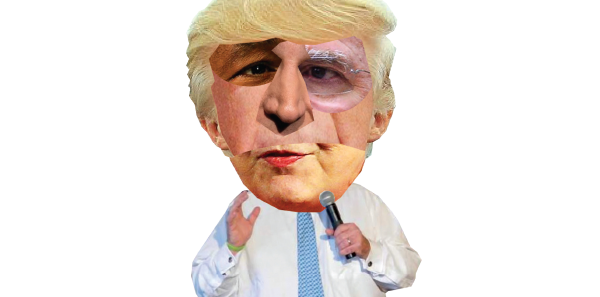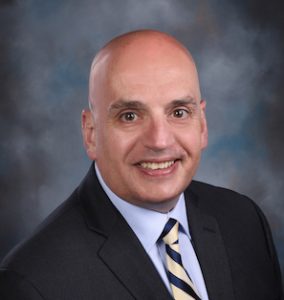
As of Feb. 1, we were officially 292 days away from the next presidential election on Nov. 8. Also on Feb. 1, we heralded the beginning of “primary season,” with the first caucus being held in Iowa. Over the past few months, we have watched the Democratic and a historically unprecedented crowded Republican fields begin to dwindle, with more “thinning of the herd” likely by March 1. (Let’s hope so.) Although only two or maybe three candidates (maybe an Independent) will make it to Election Day, it’s worth getting a preliminary understanding of the current major candidates and their health care policy platforms.
Explore This Issue
ACEP Now: Vol 35 – No 02 – February 2016Let’s start with the Republicans. The one common theme here is pretty consistent: according to the Republican candidates, Obamacare is a “disaster” and must be “repealed and replaced” (R&R). The big question, of course, is replaced with what? Starting at the top of current polling lists and working our way down, we begin with “The Donald.” On his website, Donald Trump doesn’t even have health care listed under his “Issues” tab, and he has not issued any type of comprehensive plan. In debates, Trump has called for repealing Obamacare and cited rising insurance premiums and high deductibles as problems with the program. In a “free market” vein, Trump has been supportive of allowing insurance plans to be offered across state lines and is supportive of health savings accounts.
Next up is U.S. Sen. Ted Cruz, who, although he also doesn’t have health care listed on his “Issues” tab, did sponsor the “Health Care Choice Act” in March 2015 (with co-sponsor U.S. Sen. Marco Rubio), which would allow for insurance plans to be sold across state lines and, of course, repeal key sections of Obamacare. Cruz, as a federal employee, insured his family through a private plan rather than going through the federal health care exchange after his wife took a leave of absence from her private-sector job, and her employer-based insurance, to join his campaign. Through a measure added to the Affordable Care Act, members of Congress are no longer eligible for federal (employer-based) health insurance but can receive subsidies to offset the costs of obtaining private insurance (which are not available to all other Americans); Cruz has said he will not accept the subsidies.
Hooray! Finally a Republican candidate with health care as an issue on his website. Rubio, in addition to being part of the R&R gang, lays out the following three building blocks for health care reform: provide a refundable tax credit that can be used to purchase insurance, ensure access by expanding access to consumer-centered health plans with insurance regulation reform, and create a Medicaid block-grant program for states to manage. Rubio also has been critical of “profiteering” by pharmaceutical companies, which has become another rallying cry for both Republican and Democratic candidates.
Pages: 1 2 3 | Single Page






No Responses to “What Will 2016 Presidential Election Mean for Health Care in the U.S.?”